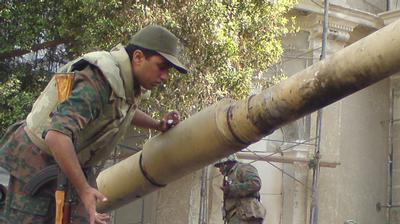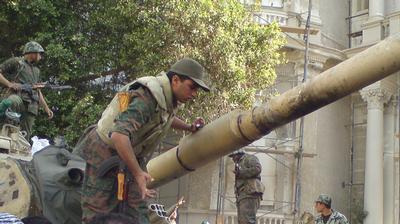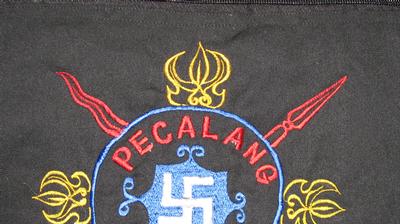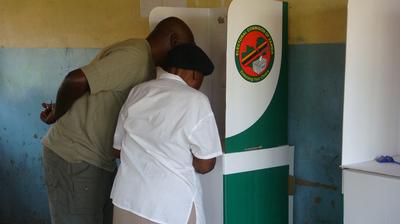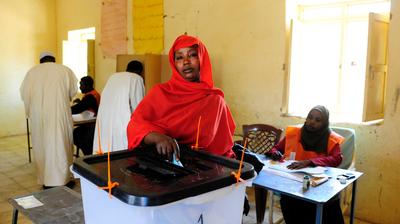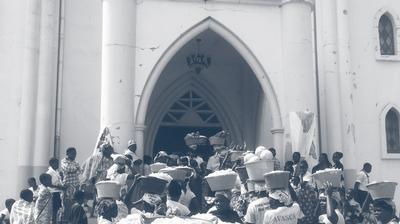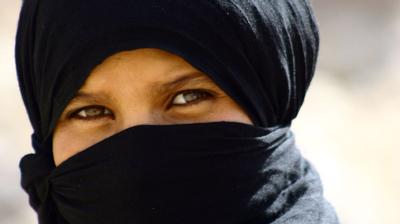Religion and Politics
We research religion as an instrument in political struggle and a force of change in the modern world.
Completed projects
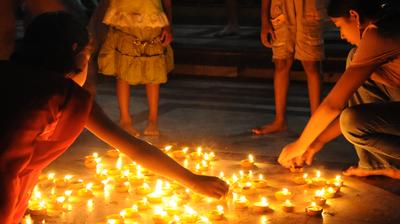
Regulating Religion: Secularism and Religious Freedom in the Global Era
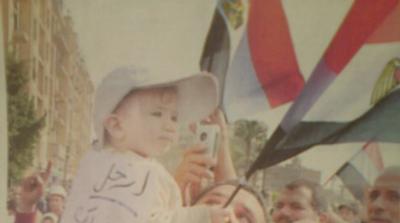
Transformations in the Arab World
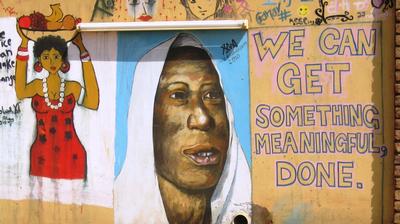
Caught between rape and adultery in Sudan
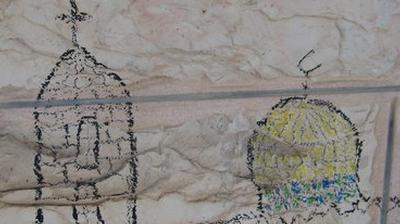
Gendering Faith
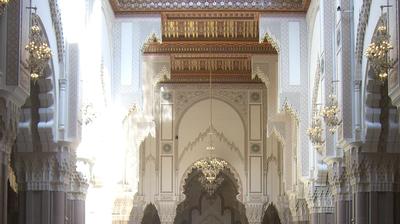
Muslim Devotional Practices, Aesthetics, and Cultural Formation in Migrancy
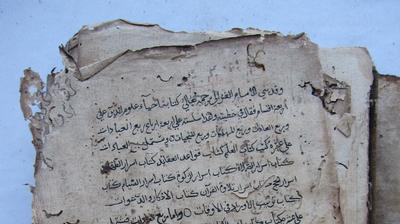
The Manuscripts of the Riydha Mosque in Lamu
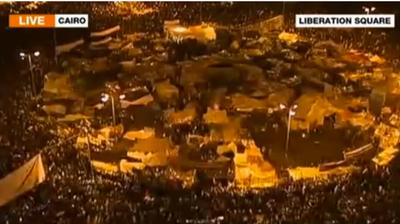
Media and Politics in the Middle East
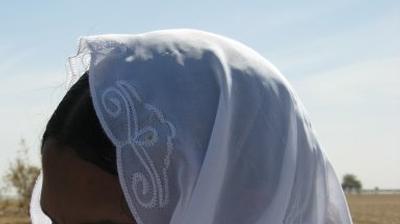
Caught between a rock and a hard place?
The interaction between religion and social actions is an overarching focus in this multidisciplinary cluster. What are the religious dimensions of development? How does religion mobilize political and social action? How does religion impact everyday life, policies, power-structures and interpersonal relationships? How do processes of globalisation interact with local religiosity? What happens when there are tensions between religious affiliations and access to political power? What is the role of religion in situations of war and violence, and can religion contribute to reconciliation?
Ongoing research within the cluster is grouped in four thematic areas:
Religious Institutional Systems and Social Order
- Paths of transmission and the impact of faith on culture, politics, and social structures.
- The role of religious institutions on literacy, cultural expressions, ritual practice.
- The intersection between religious and ethnic identities and practices.
Development and Faith-Based Activism
- Religous dimensions of development
- Relationships between local and global welfare and charitable activities.
- Relief activities during moments of conflict and post-conflict.
Gender and Religious Practices
- Intersection between politics and legal authority.
- The role of gender in political activism.
- Gendered religious practices.
Geographically the cluster covers the Middle East, Asia, Latin America and Sub-Saharan Africa.

